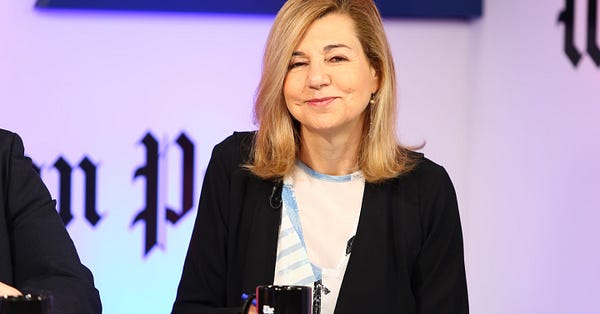October 24, 2022
There have been a number of internet cable cutting attacks in France over the years. This year two have made the news, one on April 27th, and another on October 18th. (Both the April and the October events were in the newsletter).
This story comes up because someone has taken the “two wires cut near Marseille” story and combined it with another story: “internet cable cut near Shetland” and somehow created — “Russian submarines suspected of cutting French undersea cables.”
The red arrow is Shetland and the the yellow arrow is Marseille. An astute observer will notice that they are some distance away from each other.
Shetland cables were cut by fishing trawlers. Marseille is a hub for undersea cables, so the sabotage caused some disruption, but not for long.



I want to encourage people to think about operations from the perspective of the opposition. They are doing something for a reason, even if it doesn’t make sense to us, it makes sense to them.
That said, it is unclear what possible reason Russia could have for wanting to cut Shetland off from the internet. Or why Russia would want to cut one of the internet cables connecting Europe and Africa.
-
-


-
I am easy to shop for…


-


-

-


-
This is cool.
-


-


-
-


-
This is a good analysis on the value of KillNet.
the primary effect of groups like Killnet is not disruption or damage to the target. Instead, their activities are a mechanism for mobilizing cadres and sustaining support for political and ideological goals internally, while simultaneously creating noise, hysteria, and hype over an artificially inflated threat among target and external audiences.
Killnet’s primary impact is not its unsophisticated cyberattacks but its ability to shape the cognitive environment and the narratives surrounding the war—both for its followers on Telegram and among the Western media. The DDoS attacks are like a sideshow. Indeed, subscribers are self-aware about the [ineffectiveness](https://t.me/killnet_reservs/2948) of their cyberattacks. Instead, the main event is the cultivation of a vibrant virtual community that internally fosters and reinforces pro-Russian political narratives, and the genesis of inflated cyber threat narratives that externally shape the cognitive environment in targeted countries.


-


-


-
-







